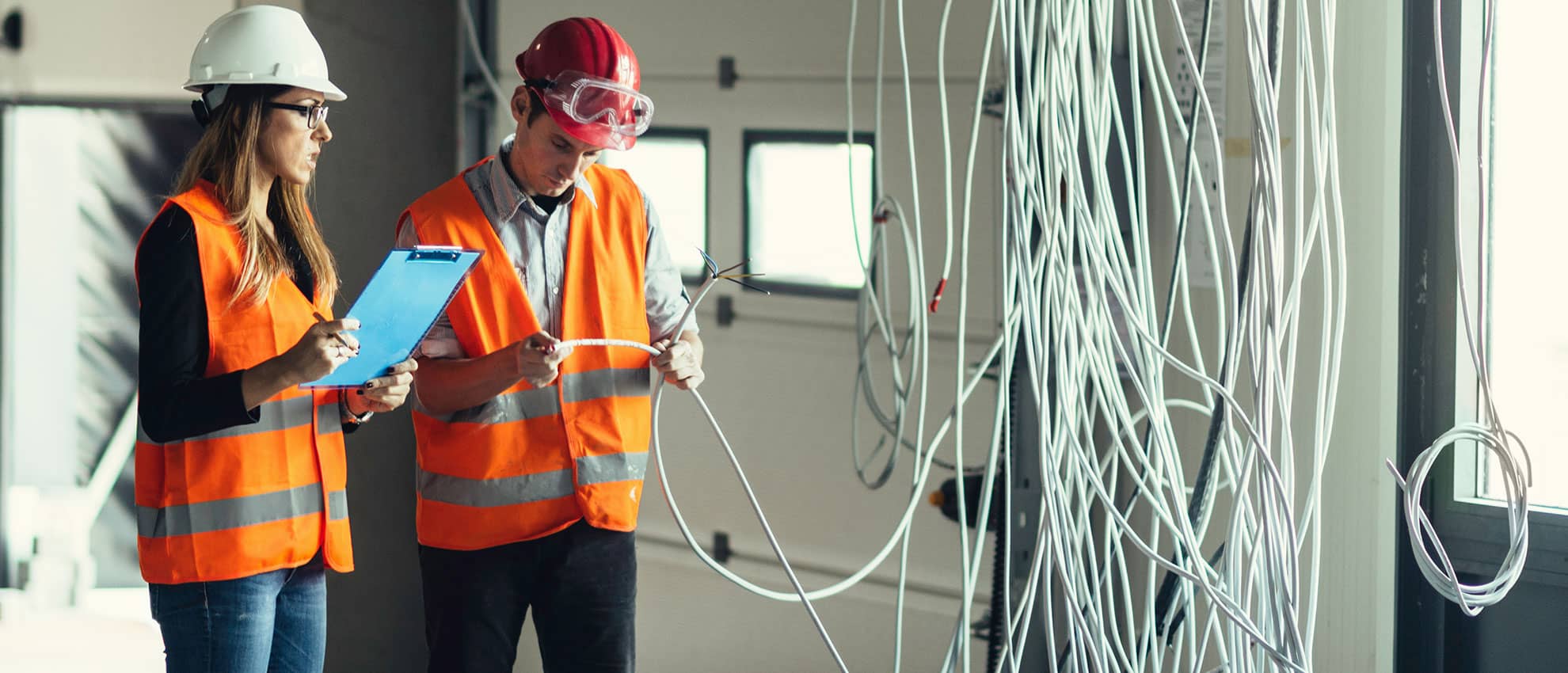
Electrical contractors play a crucial role in enhancing energy efficiency in buildings. By leveraging their expertise and knowledge, they can help property owners and managers achieve significant cost savings and reduce their impact on the environment. From conducting energy audits to implementing energy-efficient lighting systems, electrical contractors are well-positioned to make a meaningful difference. In this article, we will explore some key ways in which electrical contractors can enhance energy efficiency in your building.
One of the most important ways in which electrical contractors can enhance energy efficiency is by conducting comprehensive energy audits. These audits involve a thorough analysis of the building's energy usage, identifying areas where energy is being wasted and proposing solutions to address these inefficiencies. By pinpointing the sources of energy waste, electrical contractors can help property owners make informed decisions about where to invest in energy-saving upgrades.
Another way in which electrical contractors can boost energy efficiency is by recommending and installing energy-efficient lighting systems. Lighting typically accounts for a significant portion of a building's energy usage, so upgrading to energy-efficient LED fixtures can yield substantial savings. Electrical contractors can help property owners select the right lighting products for their needs and ensure that they are installed properly for optimal performance.
In addition to lighting upgrades, electrical contractors can also help improve energy efficiency through the installation of smart technologies. Smart thermostats, occupancy sensors, and programmable HVAC systems can all help to reduce energy consumption by ensuring that energy is only used when needed. By integrating these smart technologies into a building's electrical system, contractors can help property owners maximize their energy savings without sacrificing comfort or convenience.
Furthermore, electrical contractors can assist with the installation of renewable energy systems, such as solar panels or wind turbines. By generating clean, renewable energy on-site, property owners can reduce their reliance on traditional energy sources and lower their carbon footprint. Electrical contractors can design and install these systems to ensure that they are integrated seamlessly with the building's existing electrical infrastructure, maximizing their effectiveness and efficiency.
Regular maintenance and monitoring are also essential for maximizing energy efficiency in a building. Electrical contractors can help property owners establish routine maintenance schedules for their electrical systems, ensuring that they are operating at peak efficiency. By monitoring energy usage and performance data, contractors can identify trends and potential issues early on, allowing for proactive maintenance and adjustments to optimize energy efficiency.
Lastly, electrical contractors can provide valuable guidance and expertise on energy efficiency best practices and emerging technologies. By staying up-to-date on the latest trends and advancements in energy efficiency, contractors can offer valuable insights to property owners looking to improve their building's energy performance. Whether it's recommending energy-saving measures or helping to implement new technologies, electrical contractors can be trusted partners in the journey towards a more sustainable and efficient building.
In conclusion, electrical contractors play a crucial role in enhancing energy efficiency in buildings. From conducting energy audits to installing energy-efficient lighting systems and smart technologies, contractors can help property owners achieve significant cost savings and reduce their environmental impact. By working closely with electrical contractors, building owners and managers can take proactive steps towards a more sustainable and efficient future. Contacting a reputable electrical contractor today could be the first step towards a more energy-efficient building tomorrow.